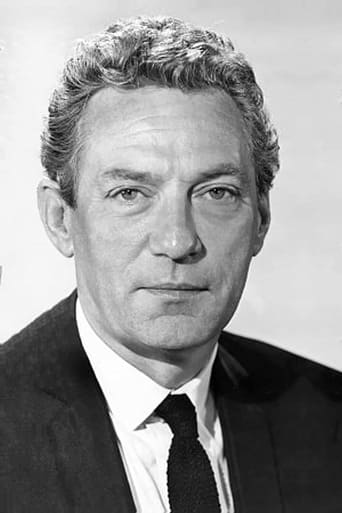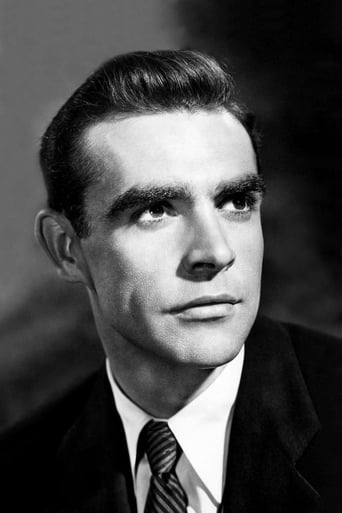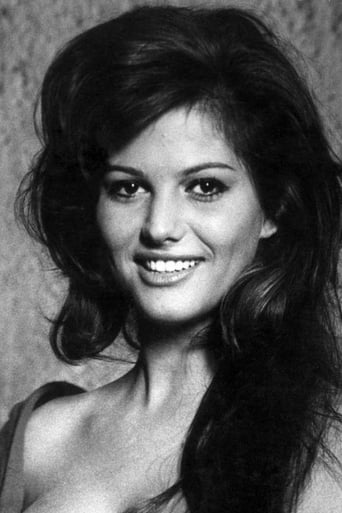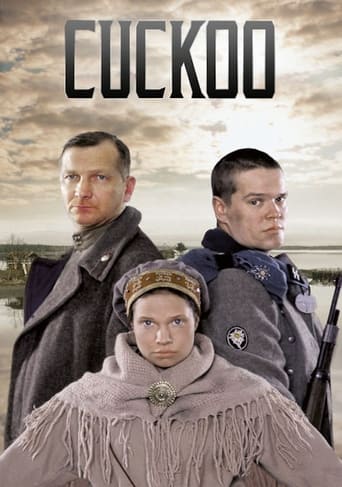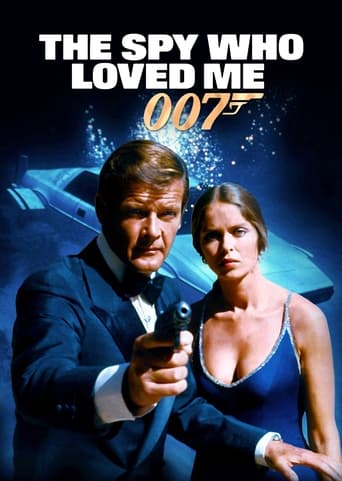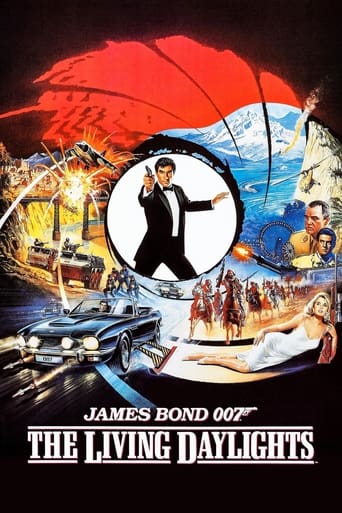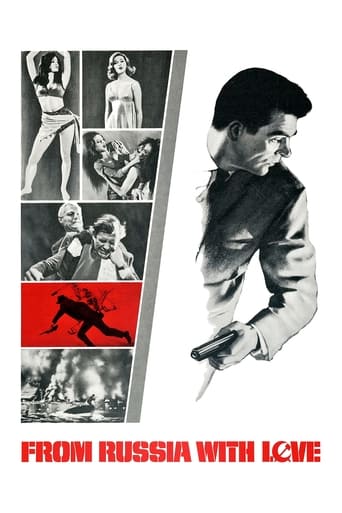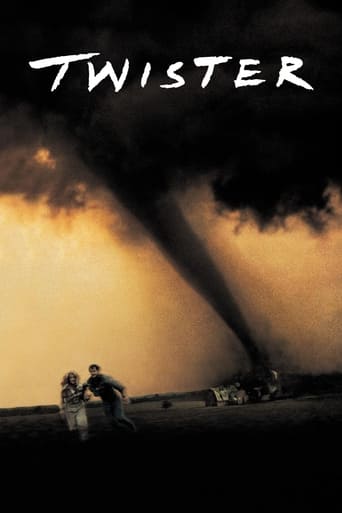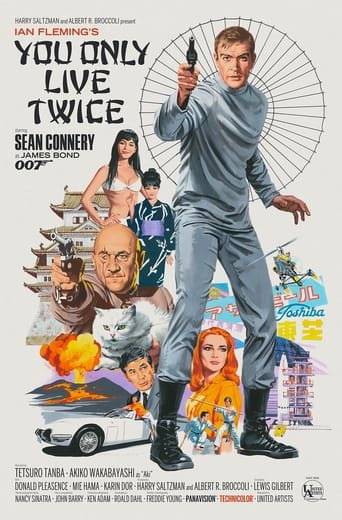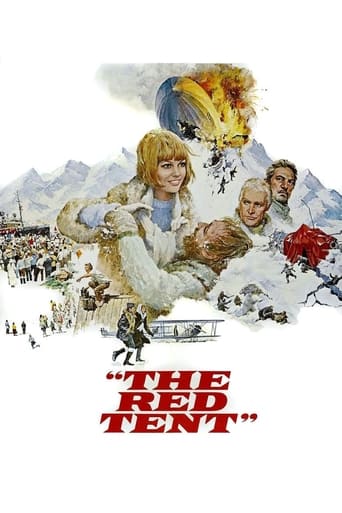
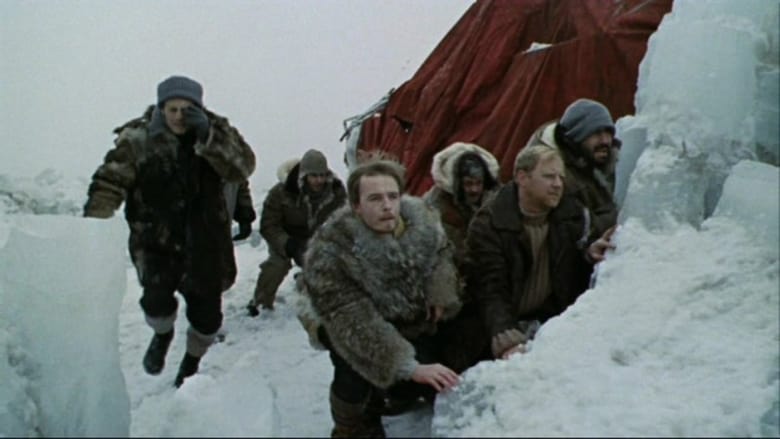
The Red Tent (1969)
Torn by personal guilt, Italian General Umberto Nobile reminisces about his 1928 failed Arctic expedition aboard the airship Italia.
Watch Trailer
Cast
Similar titles

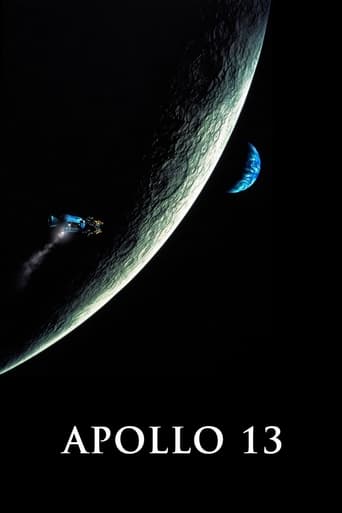

Reviews
Yawn. Poorly Filmed Snooze Fest.
the audience applauded
Such a frustrating disappointment
Very good movie overall, highly recommended. Most of the negative reviews don't have any merit and are all pollitically based. Give this movie a chance at least, and it might give you a different perspective.
This is one of the greatest movies i've ever seen, and i wish it was available on DVD. I'm a guy, and i'm not ashamed to say that it's one of the two or three movies i've ever seen that actually made me cry!!! Yea, it's really that good!!! Forget the macho bullshit, this is about real men, and real courage... It's about the courage to survive in the most adverse conditions... And, it's done with that incredible style and cinematic brilliance that only the Italians seem able to achieve (and this from a self-professed anglo-phile...) Oh, yea, and it's actually a true story too...!!! Watch it, if you ever get the chance, and i'm sure you'll agree that this movie deserves to be in the top ten of anybody's list...Greg, the anglo-Italian movie buff
The Red Tent chronicles the series of polar disasters beginning with the crash of the dirigible piloted by Italian General Umberto Nobile trying to make a historic air crossing of the North Pole. Nobile is played by Peter Finch in this epic film that unfortunately due to a bad publicity campaign and an indifference to the subject by western audiences made this historic Russian-Italian jointly produced film a financial disaster.That's a pity because photographically it's one of the finest things ever put on celluloid stock. There are some absolutely breathtaking shots of the frozen tundra and the performances of the actors battling the elements are first rate. Maybe a straight narrative might have been better instead of having the aged Nobile confronting some angry spirits of the past. Nobile was still alive when this film came out, he would die in 1978 still a figure of controversy. The dream with the angry spirits is a device frankly ripped off from George Bernard Shaw's St. Joan.Maybe the film could be best compared to William Wellman's Island in the Sky that starred John Wayne. The fictional characters there are mostly rescued and held together by Duke's leadership. Of course some thirty years advance in aviation and no political interference helped Wayne's men. And Island in the Sky is a work of fiction.Maybe it wouldn't be so if men of science could simply be men of science without answering to competing ideologies. Nobile and his men got caught up in the politics of the time. Politics claimed a lot of their lives and the lives of Roald Amundsen and party who vanished in a rescue attempt. Nobile also made some bad choices and had some bad choices forced on him by Mussolini's fascist government. He was also a man out of his element, he was great aviation pioneer, but not a polar explorer. He paid with his reputation, some of his party paid with their lives.Sean Connery has a small role as Roald Amundsen and I wish we had more of him here. Finch has a very effective scene with Claudia Cardinale the widow of one of his men where she takes him to task. Hardy Kruger does a fine job as the aviator presenting Finch with a very disagreeable choice.I'd recommend seeing it, but only on the big screen. Or definitely in a letter box version. The formatted VHS I have definitely hampers the spectacle.
Since viewing this film 35 years ago I have been in awe of it, it is certainly my all-time favorite and would most likely get my nomination for best film ever. On this point I probably stand in splendid isolation (or to quote Finn Malmgren: "emptiness, loneliness, beauty, and purity"). I mention this in the hope that this will encourage readers to view the film. If you are seeking a comparison, "Krasnaya Palatka" ("The Red Tent") is most like the original "Flight of the Phoenix"; both are superficially action adventure films, with deep allegorical elements about the dynamics behind the functioning of a civilized society. "The Red Tent" even gets a little philosophical along the lines of life as a journey and not a destination.This is Director Mikheil Kalatozishvili's tribute to Sergei Eisenstein, a disorienting yet organized montage of vast scale juxtaposed with claustrophobic confinement (its worth watching again just to focus on the scene transitions-the editing is brilliant). The scenes inside the dirigible and the red tent (the title character) are carefully cut into spectacular exterior shots of arctic landscapes and the dynamic energy of crowds in the Russian countryside and city. There is a fusion of European expressionism with Hollywood realism in this film unlike anything I have ever seen before. This is possible because of the storytelling device of having everything unfold in flashbacks by the main character General Nobile (Peter Finch). Nobile was the organizer and commander of Italy's ill-fated attempt to reach the North Pole by dirigible. This generally true (certain historical liberties are taken to simplify things) story is told entirely from his point of view. Forty years after the expedition Nobile is a disgraced figure living in Rome and burdened by guilt and sleeplessness. You learn that on sleepless nights he conjures up participants in the expedition fiasco (both members and rescuers), letting them judge him for his actions 40 years ago. These sessions have been largely inconclusive but this night he pulls out all stops and convenes a full trial in his living room-with almost all the central figures present. More importantly, for the first time he names the ruthless Lundborg (Hardy Kruger) as his prosecutor-a move that Lundborg assures him will mean that the jury will reach a verdict for the first time. These are not ghosts but rather figments of Nobile's imagination and they behave according to his perception of how they would behave. This storytelling device allows the film to have its own commentary, making it not just an exciting adventure film with wonderful visuals, but an examination of the concept of leadership (much like "Command Decision", "A Gathering of Eagles", and "They Came to Cordura"). More importantly it becomes an allegorical study about free will and destiny, as careful planning and good judgment are just two factors in any complex operation; subject to luck and unforeseen events.The many characters are a representative cross section of society; with heroes, opportunists, martinets, dreamers, and average Joes. Ultimately, things happen (both good and bad) not because of the challenge of man versus nature, but because of the placement and misplacement of human resources (i.e. the right or wrong person assigned to a particular role in the expedition and the rescue efforts). From the events portrayed in the "The Rent Tent" it is difficult to fault Nobile as a leader. He wisely turns back to Kings Bay when the weather gets bad, he is genuinely devastated at the loss of some of his men, and his actions after the crash are all reasonable. He can be blamed for allowing Lundborg to bring him out before his men but under the circumstances it was a sensible decision if not a politically correct one. As Samoilovich, Captain of the Russian Icebreaker Krassin points out, a leader is judged by their actions, and their actions by their results, Nobile's early rescue is the reason the other surviving crewmen are ultimately rescued.Nobile's fantasy trial eventually dredges from his subconscious the realization of why he choose to leave with Lundborg (1000 reasons to stay-1001 to leave). That such a trivial and self-indulgent reason was the difference maker accounts for his continuing guilt. This realization, along with the belief that Amundsen (his peer) is the only one fit to judge him, allows Nobile to finally forgive himself for being human. They go out with Amundsen's advice to reflect not on their failures but on the things they attempted and the wondrous things they saw. There is no guilt in not achieving an ambitious goal, making the attempt is more important than succeeding. The music is also great.Then again, what do I know? I'm only a child.
Asked to give his assessment of Umberto Nobile's leadership in the Italia airship disaster of 1927, his friend and colleague, Samoilovich, offers this sage advice, "Men are judged by their actions and their actions by their success". What exactly are the qualities needed for leadership? "The Red Tent" is a wonderful meditation on that question. At the time Nobile was disgraced, he was accused of abandoning his men, and made a scapegoat for the disaster by Benito Mussolini's Fascist government. Forty years after the event his rest is still disturbed by doubts he has about the leadership he exercised. Could the tragedy have been averted? Was it his vanity to be the first to cross the pole by air, that led to the calamity? These and other questions are tackled in this thoughtful film. The entire film actually takes place in the General's mind. He calls back various participants to the event, to re-live what happened, and ultimately to pass judgment on him. It is this framing device that makes the film unique, for it examines Nobile's leadership from a divergent points of view, allowing the viewers to make their own judgment as well. It is a theatrical device to be sure, but it works in this film. In time we come to learn that truth often walks on two legs and has a left and right hand. "Yet we must have judgment", says one of the participants, and so they do. These scenes which all take place in Nobile's apartment in Rome with it's warmth and comfort, provide a wonderful contrast to the stark reality of the struggle for survival at the Arctic Pole.The film is beautifully written and the acting is of a high level throughout. Sean Connery, ridding himself of his Bond image, plays Roald Amundsen, the great Arctic explorer at the end of his days. It is Amundsen who exemplifies the qualities a great leader should have. It is the first and in some ways still the best of Connery's wise old man performances. He is also the one participant Nobile has most conspicuously not brought back. After intruding on the proceedings like some force of nature, he describes how he had reached the wreak of the Italia, only to crash land and be stranded. With nothing to do but wait to freeze to death he finds solace in his final moments of life with a book he has found strewn among the wreckage. The cynical Lundborg scornfully rejects this "final touch" as "theatrical" "But who would I be acting for?" Amundsen asks. "Yourself" Lundborg replies. "But that isn't acting," Connery wisely replies, "That's necessary. The trick is to choose the right part." The film is filled with great lines like this. Claudia Cardinale, as Nurse Valaria, provides the emotional center of the film. She resents the good people of King's Bay capitalizing on the disaster, yet she has no misgivings whatever in playing on Amundsen's sense of guilt to get him to mount a rescue attempt. After all he had introduced her lover, the Meteorologist, Finn Malgrem to Arctic exploration. She is also willing to offer herself to Lundborg if he will risk his life to fly in unsafe weather conditions. It is her bitter confrontation with Nobile after he has been safely brought back to King's Bay while the others were left freezing on the ice, that is the beginning of his sleepless nights. His inability to stop Zampi, his ambitious second in command from leaving the red tent with Mariano and Malgrem in a vain attempt to reach help, would result in the Meteorologist being lost on the ice. "You cracked like the ice." she tells the General. "We shall never meet again I hope. And I hope you never forget." He doesn't. Peter Finch as Nobile carries the film, and he is in every way up to the task. He manages to convey the intelligence, courage, vanity and despair of this self-doubting individual. He is a man who both admires Amundsen and resents always being compared with him. Hardy Kruger plays the dashing Aviator Lundborg with a nice blend of charm and hard edge cynicism. He is the first to reach the survivors. His motives for rescuing the Nobile over the General's objections that he take the other members of his expedition first, some of whom are badly injured, may have been less than admirable, but it is this act that will ultimately save the others. Lundborg finally persuades the General to go with a combination of threats,(he will leave him and the others behind), reassurance,(six quick trips and it will be over), and finally reason, (the General is badly needed at King's Bay to organize the rescue). The others also agree the General must go. It is only when he is safely back at King's Bay, that he realizes his actions have been badly misconstrued as an act of desertion. By that time weather conditions have changed again and it is impossible to go back and rescue the others by air. "What do they think I've done?" he asks Captain Romagna, the ineffectual rescue coordinator, after reading a cable from Rome placing him under arrest. "They think you have done what you have done, I suppose." Romagna lamely replies. While aboard ship, Nobile radios his friend Samoilovitch to use the icebreaker Krassin to rescue the others. This he does. "Men are judged by their actions and their actions by their success." The General's decision to leave his men led to his being able to radio the Krassin which in turn led to the rescue of his men. "His actions, therefor were correct."Lastly, Ennio Morricone's lush score captures both the romance of a great endeavor being undertaken and the desolate, ethereal beauty of the Arctic. This film deserves to be seen and heard, and one can only hope that one day it will be restored.
